History KS3 Curriculum
Curriculum Intent
History is a subject that challenges our perceptions of the past and helps our students to learn about the key moments that have shaped our modern world. As a department we are determined to share our passion and knowledge of the subject with our students in an inclusive and challenging way. We firmly believe that through our teaching methods and development of skills we are enabling students to enrich their base of knowledge as well as set them up for future careers.
Fundamental to our teaching of history is the development of skills that encourage personal development and enable students to engage critically with the different forms of information they are exposed to in the real world. The emphasis on source work helps students to understand the value in historical sources in helping to gauge the nuances and complexities of people’s lives in different eras while our work around historical interpretations helps us to understand conflicting views while using knowledge and not rhetoric to form reasoned and thoughtful evaluations.
The Head of Department as well as other members of the history team have worked as examiners and understand fully our duty to not just harness students knowledge of history but also to enable students to develop the skills and techniques necessary to flourish in public examinations. This is key to the personal development of our students as the majority seek to go on to further education. The Department has also placed great emphasis on preparing students at different key stages for the challenges that await them. This has been done through the changes made to assessments at Key Stage 3 as well as the close focus on structure and developing complex arguments later in Key Stage 4.
Recently the department has developed and made adjustments to our feedback to students when it comes to assessments. Assessment review sheets contain a wealth of information that is designed to help students understanding exactly why they have reached the level they have, what a successful answer would like as well as specific tasks to help students access a higher level.
Throughout the department there is a real emphasis on discussion and feedback in class to consolidate learning as well as push students to engage with a wide variety of opinions. This will often occur at the beginning of tasks with tasks modelled to help all students follow as well as at the end of tasks where the class teacher will aim to address any possible gaps in learning. The use of mini-quizzes also helps students to recall key information in a non-judgemental climate.
Themes (Knowledge & Understanding) |
Skills (Assessment Objectives-AOs) |
|
|
Modules Taught
Year 7
 |
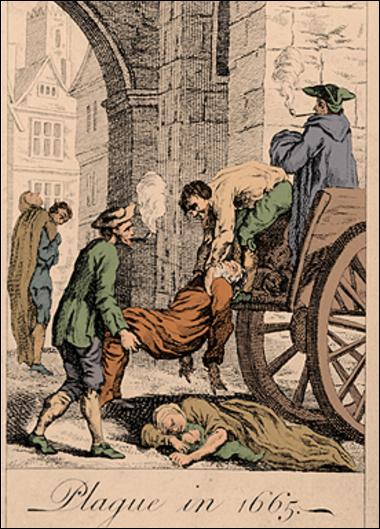 |
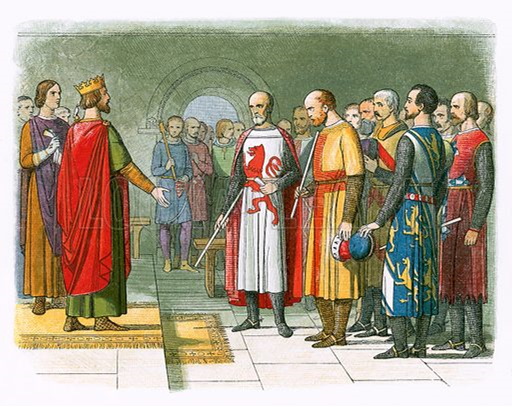 |
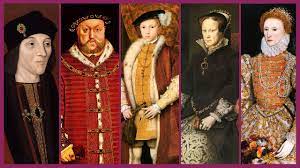 |
Norman Conquest – Understanding a key event in British history and the story behind how it came about. Students will learn through the exploration of different characters and their motivations before learning about how a foreign power controls a new land. Students will decide upon the most important reason why the Normans won the Battle of Hastings as part of their assessment. A01 & A02.
Black Death Enquiry – Students will learn about a pandemic that had far reaching consequences for the people of England, good and bad. Students will be assessed on their ability engage with different interpretations of the impact of the plague on England. A01, A02 & A02.
Medieval Kings/Queens – A chance for students to explore a key concept in history; similarity and difference. Students will explore a range of problems Monarchs faced as well as the creative and sometimes problematic ways they dealt with these problems. Students will learn through critiquing the decisions made by various Monarchs. A01, A02 & A04.
Tudor England/Reformation – Students will learn about the Tudor Dynasty and the impact this had on English history. Students will get to explore a variety of sources and interpretations as part of their studies. A01, A02, A03, A04.
Year 8
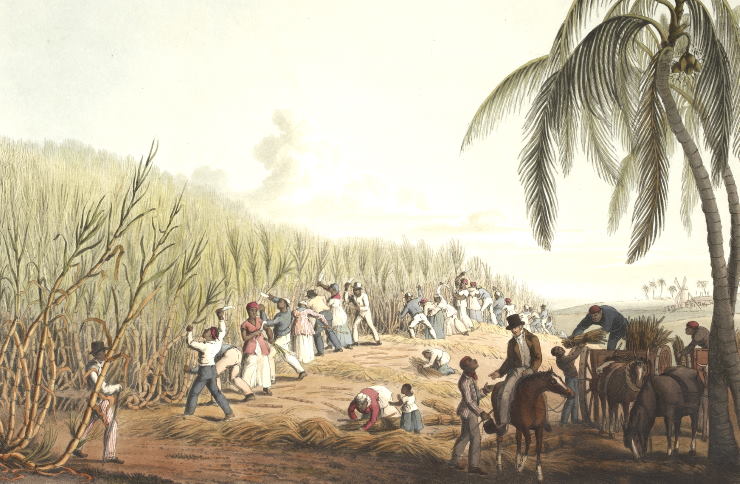 |
 |
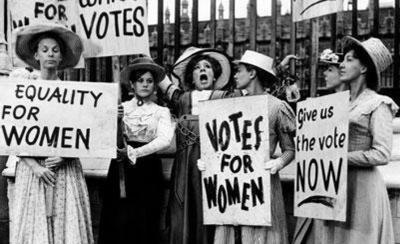 |
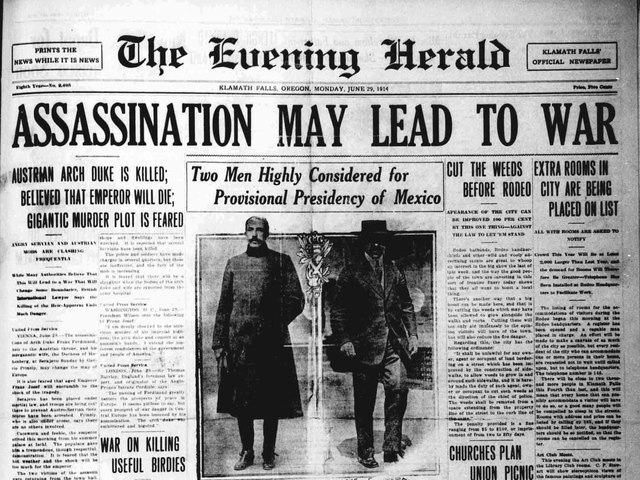 |
Transatlantic Slavery – Students will explore Africa before the slave trade and the ignorance and misinformation that contributed to the beginning of the TA slave trade. Students will explore the origins of the trade as well as its workings and impact on the countries and people involved. Students will be assessed on who deserves most credit for the abolition of the trade.
US Black Civil Rights – Builds on the work done previously and looks at race relations in the US after slavery has finished. Students will explore a range of sources and views as they learn about the continued oppression of Black Americans as well as the protest movement that grew from this and the consequences of this movement. Source based assessment.
Women’s Suffrage – Students build on the work they did during the Civil Rights module and will look at the similarities and differences between the women’s suffrage campaign in the UK and the black civil rights campaign in the US. Students will be assessed on why women won the vote and will explore a variation of views at the time that both helped and hindered women’s fight for equal rights.
Origins and beginning of WW1 – As part of our need to create space in Year 9 to teach more of our GCSE syllabus we have made the decision to begin WW1 at the end of Year 8 as opposed to the beginning of Year 9. Students will cover the context and causes of the outbreak of War in 1914 before the end of term. Students will be assessed on the causes of WW1.
Year 9
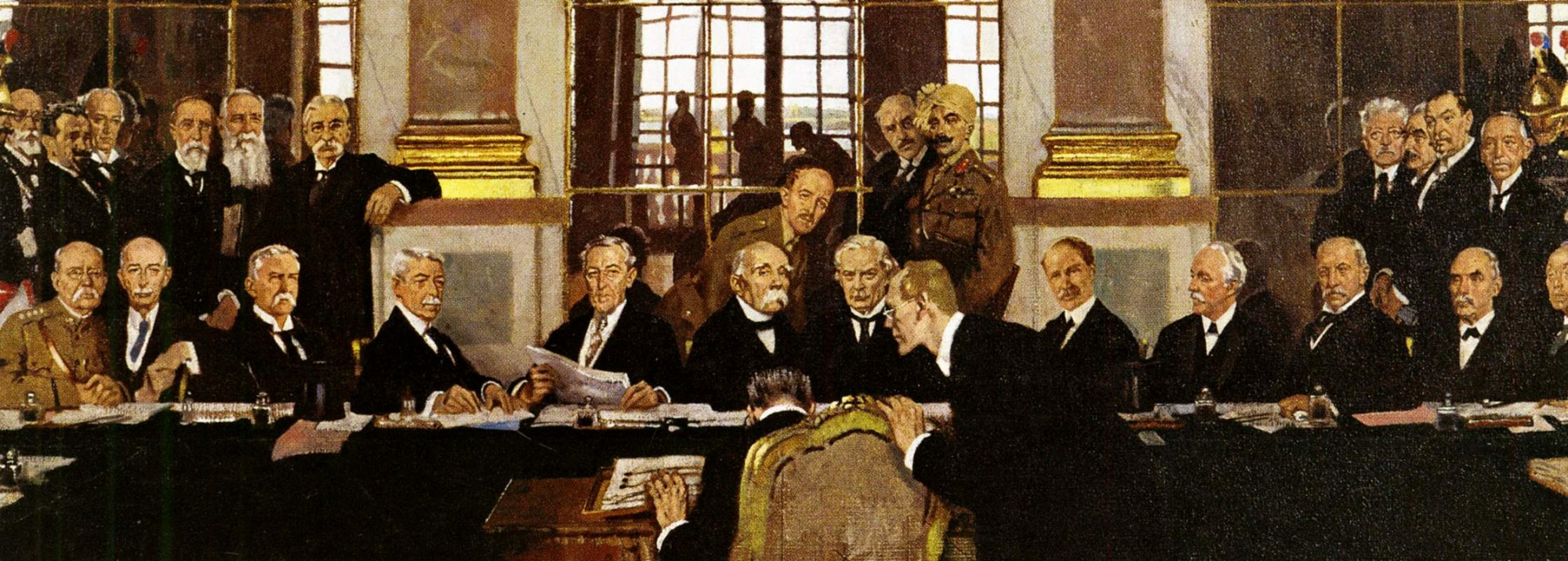 |
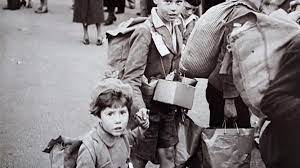 |
 |
WW1 & Treaty of Versailles – Students finish off their learning on WW1 by analysing some of the key battles and reasons for the allied victory. Students will use a variety of sources to form an opinion on who or what was to blame for the huge loss of life at The Battle of the Somme. This will form the basis of their assessment. Students will also be tasked with contending with how to deal with defeated nations like Germany at the end of the war as well as evaluating the actual agreements that were made at the end of the war, some of which have been suggested to have contributed to the Second World War.
Rise of Nazism/Hitler and causes of WW2 – Students will engage with the circumstances in Germany post WW1 which contributed to the rise of a totalitarian fascist regime. Students will grapple with the individual situation of Germany but also what we can learn more generally about the conditions that allow dictatorships to gain support and flourish.
World War 2 – Students will explore WW2 through a series of key moments. Students will explore the significance of each of these moments. Ultimately students will come to understand why Germany was able to gain momentum early on before a series of turning points left them retreating.
The Holocaust – This will closely tied in to the events during WW2 particularly the German invasion of Poland and the USSR which brought the Nazis into contact with the worlds largest population of Jews. Students will use oral testimony from both sides to understand how genocide was able to take root in the supposed civilised world and the key moments along the way that enabled Nazi Germany to first discriminate against Jews before enacting the Final Solution during WW2.
Assessment
Year 7 |
Year 8 |
Year 9 |
|
Norman Conquest – Battle of Hastings
|
Abolition of slavery |
Who was to blame for the Somme? |
Stretch & Challenge
Additional reading, varied tasks, historical perspectives, arguing for the other side, including counter-arguments, teacher targets
Enrichment Opportunities
Proposed WW1 Battlefield trip, online tours of historical sites